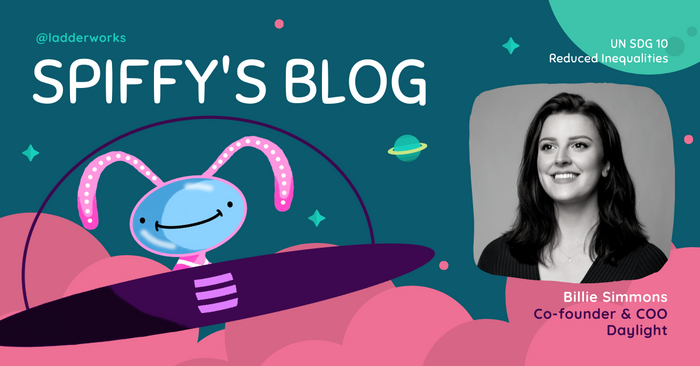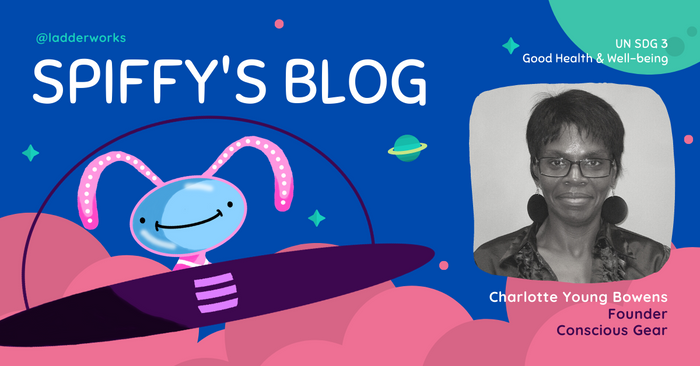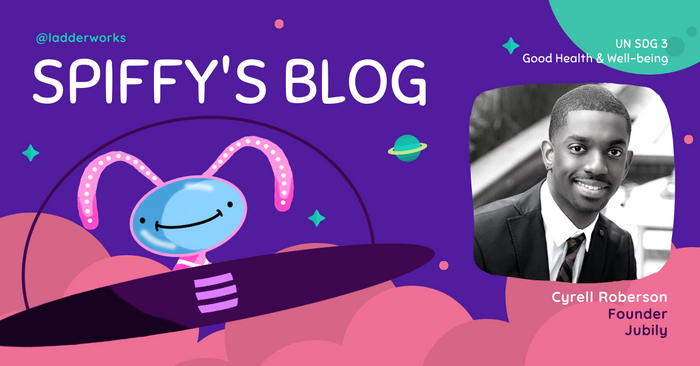Billie: Everything we do is centered around putting more money into the hands of LGBTQ+ people, particularly those who are low income or face significant barriers to equity. Sometimes this looks like running events that promote LGBTQ+ small businesses and donating all the proceeds from the event to local mutual aid funds that put 99% of their donations directly into the hands of the people it serves, and other times it looks like building out a rewards platform so that we can reward our members for doing the right thing!
Jul 02, 2021
Posted by: Jill Jha
Charlotte Young Bowens,
LGBT Entrepreneur,
Pride Month,
SDG10,
SDG12,
SDG15,
SDG3,
SDG6,
SDG9,
USA
Charlotte: As an outdoor gear and apparel company focusing on bigger bodies, we’re committed to ensuring that people in the plus-size community can purchase gear and apparel that fits their bodies. We’re also advancing size inclusivity in outdoor activities and the outdoor industry at large. Research has shown that time spent exploring the outdoors on a regular basis can support and ensure continued physical and mental well-being. We’re all about our three C’s which start with being a customer-centered company focused on creation by and for bigger bodies and we produce products that are customer-validated. Finally, we know that comfortable clothing and gear nurtures confidence in people to live a healthy lifestyle with their chosen outdoor activity.
Cyrell: Well, Spiffy, do you know that finding culturally responsive healthcare providers in mental health and medicine can be a challenging and daunting process, especially for people of color and the LGBTQIA+ community? Struggling with an illness—like cancer, anxiety, and depression—can often be a lonely experience, especially during times like this. For clinicians, getting advice from other clinicians and outside referrals for clinicians within and across different specialties can often be a cumbersome task that's limited to one's professional network. Cultural competency training is often inconsistent, inadequate, and sometimes non-existent for healthcare providers.




